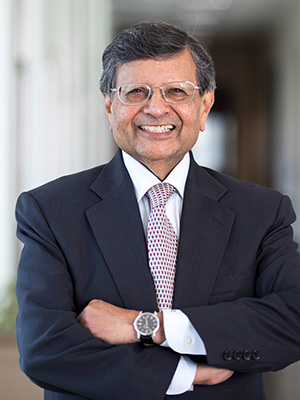Download for offline listening.
In 1983 a Professor at Texas A&M University by the name of Leonard Berry coined the term “relationship marketing” in a paper he presented at an American Marketing Association event.
His basic premise: businesses should focus more on serving existing customers. Now as obvious as that may sound, it seemed heretical in an era dominated by mass advertising. Berry never actually thought his paper was “any kind of breakthrough”; he just figured it was “foolish”, as he put it, that marketing only thought about winning new customers, rarely about retaining them. Yet at the time his argument was so far out of the mainstream that nearly a decade went by before marketers warmed to the idea.
What happened to revive interest was the unraveling of the mass market by the late 1980s. Relationship marketing was deemed by academics to be the antidote to audience fragmentation. Their endorsement led to countless books, papers, conferences, along with a dedicated scholarly journal. But with the rapid adoption of CRM technology in the early 1990s the definition became muddled. Did CRM now mean “customer relationship management”, as in automated after-sale support and service, or “customer relationship marketing”, as in data-driven one-to-one marketing? The idea that relationship marketing simply meant giving customers the attention they deserve was overtaken by the fixation with technology, to the dismay of early proponents.
One of the earliest proponents was Jagdish Sheth, the esteemed Professor of Marketing at Emory University. Last year in a paper he authored called “Revitalizing Relationship Marketing”, Professor Sheth ruefully observed, “The focus on ‘relationship’ in RM got relegated to ‘marketing’.” He wrote that relationship marketing was suffering from an “identity crisis” and that marketers needed to stop treating customers as “ID numbers”. For relationship marketing to mature into a higher order business strategy, he suggested, marketing must shift toward “bonding with customers on an emotional plane”, where “the brand itself acts as a moral compass”, seeking to win a greater “share of heart”.
Professor Sheth favours a new “purpose-driven relationship” where customers feel connected to a brand based on shared values. He reasons that people today are drawn to brands offering a “transcendent” experience, a theory he first advanced twelve years ago in a book called ‘Firms of Endearment”. This more humanistic definition of relationship marketing shares many of the same thematic overtones as the brand purpose movement which is all about businesses making the world a better place.
The convergence of relationship marketing and brand purpose might end up becoming a whole new branch of academic study. And there is no one more qualified to lead that conversation than Jagdish Sheth, given his renowned scholarly work over the years, his many accolades and awards, and his widely acknowledged contribution to the advancement of marketing theory and practice. We started our conversation by considering whether marketers needed to hit the reset button and forget everything they ever learned.
